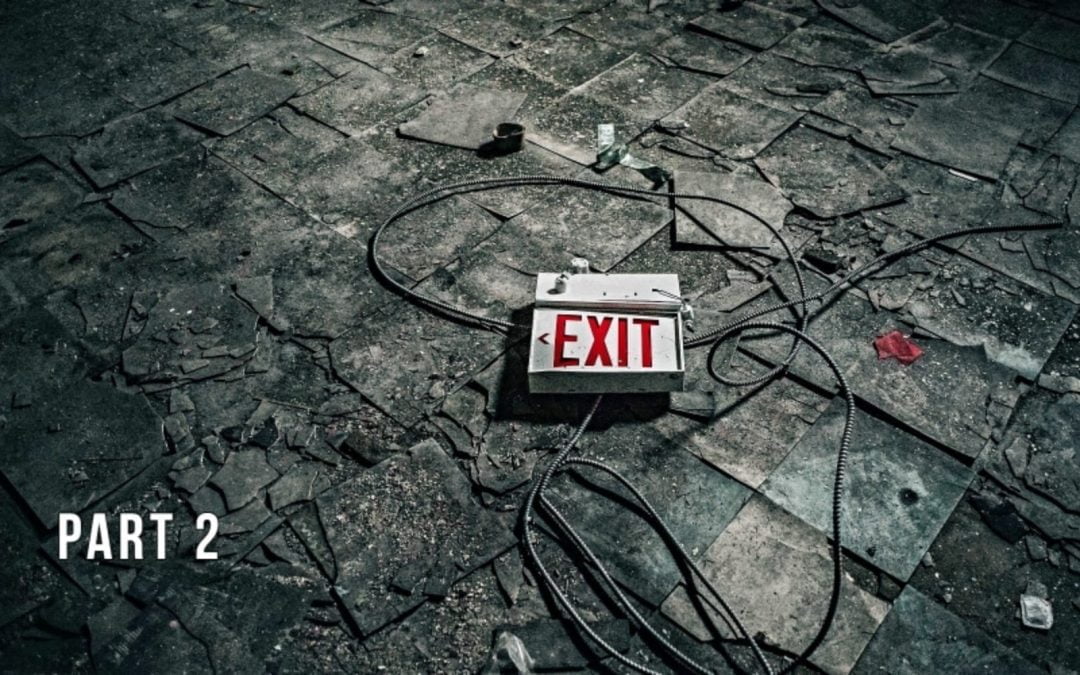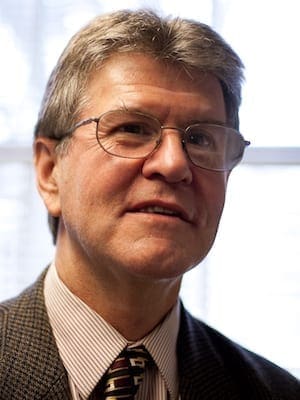An otherwise well-researched Pew Research Center study became problematic for me due to how the findings were presented in news headlines.
I began addressing this yesterday, explaining why claims of a “decline in Christianity” were misleading, while also noting that the increasing reticence of “Nones” who remain religious to no longer identify as Christian must be further explored.
To understand the American situation, we can usefully compare studies undertaken in the 1980s or 1990s, which likewise indicated a reluctance to commit to specific denominations or doctrinal assertions.
In 1993, scholars Barry Kosmin and Seymour Lachman suggested that 86% of Americans were Christian, with Catholics by far the largest proportion, at 26%, and Baptists (almost 20%) the largest Protestant group.
(And even at that point, Nones constituted over 8% of the whole).
Each denomination was listed according to size, but any estimates of actual numbers were severely skewed by the very large number – over 14% of the whole – who claimed to be just “Protestant” or “Christian.”
Many such people identified with the Christian faith in general but were not prepared to be aligned with particular denominations.
In some cases, that might reflect indecision, or a woolly kind of religious sentiment, but such a response might equally imply a principled reluctance to endorse divisions within the faith.
As the new century began, social and political changes were altering people’s willingness to profess even a general alignment with denominations or with religion in general.
The reaction that produced the Nones is not directed against faith, but against institutions, and how they behave.
As the earlier Pew study noted in 2012, “Overwhelmingly, [the Nones] think that religious organizations are too concerned with money and power, too focused on rules and too involved in politics.”
Meanwhile, many Protestants, and particularly evangelicals, were troubled or disgusted by the appropriation of religious rhetoric by conservative and Religious Right politicians, who seemingly made “evangelical” or even “Christian” a synonym for Republican causes of the most reactionary kind.
That distaste reached new heights with the Trump victory in 2016, when evangelical politics were widely criticized as a thin disguise for white racial self-interest – for advocacy of “White Christian America.”
For the shifting meanings of the word “evangelical,” and the loaded ideological connotations of the E-word, do see the important recent book by my Baylor University colleague, Tommy Kidd, titled “Who is an Evangelical?”
Catholics meanwhile were alienated by the seemingly endless cycle of clergy abuse scandals, which entered a new and still more alarming phase after 2002.
Beyond the general air of scandal, individual dioceses and parishes were hit hard by recurrent stories of particular priests being implicated or removed, and institutions being forced to pay vast settlements with dioceses forced into bankruptcy.
The rise of the Nones coincides closely with these twin trends, and the consequence would be to discourage individuals from admitting to generic labels with which they had been comfortable only a few years previously.
A person who in 1993 might have affirmed his or her identity as Protestant or Christian might now choose the “None” label, regardless of any change in actual belief or practice.
In these years, the proportion of Americans who admitted to being Catholic dropped by 5% or 6%, and most of those presumably migrated to the “Nones” camp.
Reported levels of religious affiliation thus declined quite steeply, regardless of any change in supernatural belief.
When a 2018 Pew study asked “nothing in particulars” why they rejected religious affiliation, 47 percent disliked the positions churches took on social or political issues and 31 percent disliked religious leaders. Only 21 percent denied a belief in God.
I suspect that as future surveys track the numbers of Nones, we will see a steep upswing during and following that divisive election year of 2016. How could it not?
Of itself, rejecting religious affiliation does not mean forfeiting a religious world view or indeed abandoning any substantial amount of the belief system of any particular faith.
To that extent, it is wildly inaccurate to see the Nones as forsaking religion.
But the Nones are a real phenomenon, and arguably, the existence of the category actually contributes to genuine religious decline.
For one thing, in a highly religious society, considerable community pressure persuades many people to state notional adherence to a prevailing religion as a kind of default position, from which it takes real motivation and willpower to dissent.
We think of Catholics in U.S. big cities in the 1950s or Baptists in much of the South.
The fact that people in significant numbers are now prepared to admit “nothing in particular” demonstrates a serious weakening of that community solidarity and of the strength of institutions.
Arguably too, the growth of such publicly confessed indifference helps shape the statistics on which we base our knowledge of religious activity and participation.
Look again at that figure I cited earlier about the apparent collapse in people saying they attend religious services.
Note the precise language used by those careful Pew researchers, that they are counting “the share of Americans who say they attend religious services” [my emphasis].
It’s a basic assumption of survey research that people overclaim on behaviors that are pro-social, or socially approved, such as giving to charity.
Surveys always have turned up more people who claim to go to church, say, than actually attend, and everybody knows that.
In an age when people don’t feel the social pressure to declare a faith or denomination, they are also more prepared to admit publicly that they never attend religious services.
We can legitimately wonder how far the recorded drop in attendance figures represents an actual change in behavior, rather than greater honesty among respondents.
Could this be a change neither in believing nor belonging, but in saying?
The decline of reported attendance we have witnessed in recent years might be a dual phenomenon.
While some people really have stopped attending churches, others have just become willing to state publicly that they do not attend, instead of pretending piety, as they have in the past.
Generally, too, the more attention that Nones receive, the more acceptable that position becomes, particularly among the young.
At the same time, media framing of Nones as meaning no religion, rather than just no affiliation, raises the profile of active atheism or agnosticism and places those approaches in the cultural mainstream.
Against such a background, politicians or media outlets feel far less pressure to make even residual acknowledgments of religious opinions and constituencies, making it much easier to adopt avowedly secular stances.
The question also arises: How long is it possible not to belong to a faith in any institutional sense before it affects one’s basic belief in that system? A year? A generation?
So is American religion changing? No question. But how far is this a real decline of faith, and how much is it a reduction in people’s willingness to affirm membership in institutions they neither like nor trust?
Editor’s note: This is the second of a two-part series. Part one is available here. A version of this article first appeared on The Anxious Bench blog, where Jenkins is a regular contributor. It is used with permission.
Philip Jenkins is distinguished professor of history at Baylor University in Waco, Texas, and serves as co-director for the program on historical studies of religion in the Institute for Studies of Religion. He is the author of numerous books, including “The Great and Holy War: How WWI Became a Religious Crusade.”


